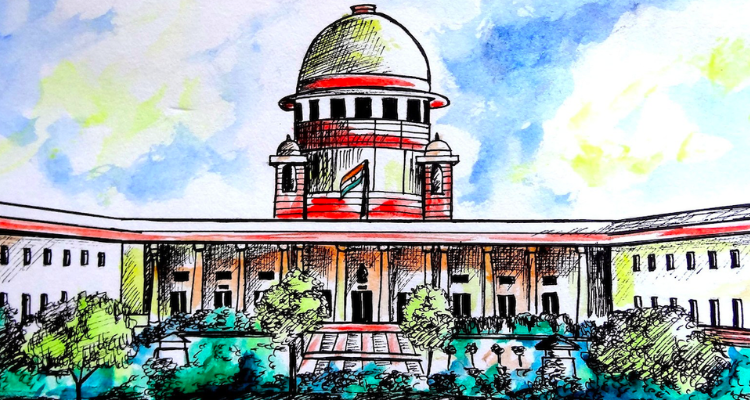
The Supreme Court clarified that failure to frame points for determination in the first appellate court separately doesn’t invalidate the judgment, as long as all pertinent issues are addressed. Justices A S Bopanna and Sanjay Kumar highlighted that adherence to Order 41 Rule 31 CPC, with reasons grounded in evidence, suffices for substantial compliance.
Here’s what happened:
- The Supreme Court upheld the decision of the Gujarat High Court in favor of the Ahmedabad Municipal Corporation, dismissing appeals by Mrugendra Indravadan Mehta and others.
- The High Court’s judgment, allowing the municipal corporation’s first appeal against the City Civil Court’s decree, was deemed justified by the apex court.
- The bench observed that the High Court adequately addressed all issues framed by the Trial Court and considered pertinent points during the appeal, rejecting claims of omission.
- The suit against the corporation sought compensation or land allotment in lieu of contributed land for a town planning scheme in Ahmedabad’s western zone.
- According to the Gujarat Town Planning and Urban Development Act, 1976, surrendering land for a Town Planning Scheme does not guarantee reconstituted plot allotment, only compensation.
- The court emphasized that extinguished rights from earlier land plots cannot form the basis for a new cause of action, citing the authority’s power to vary Town Planning Schemes.
- The plaintiffs failed to provide evidence supporting their claim for compensation of Rs 1,63,97,673, crucial for validating their plea.
- Lack of evidence regarding land values for both original and final plots led to the dismissal of the plaintiffs’ compensation claim.
- The absence of a guarantee for plot allotment post-surrender negated any vested rights claimed by the plaintiffs.
- The bench highlighted the necessity for plaintiffs to provide evidence for their predetermined compensation claim, which they failed to do.
- The plaintiffs’ claim for compensation was denied due to insufficient evidence, particularly regarding land values relevant to their case.
- The absence of assurance for plot allotment post-surrender meant the plaintiffs could not assert any vested rights in this regard, according to the court’s ruling.
Read More: Supreme Court, Delhi High Court, States High Court, Other Courts, International




